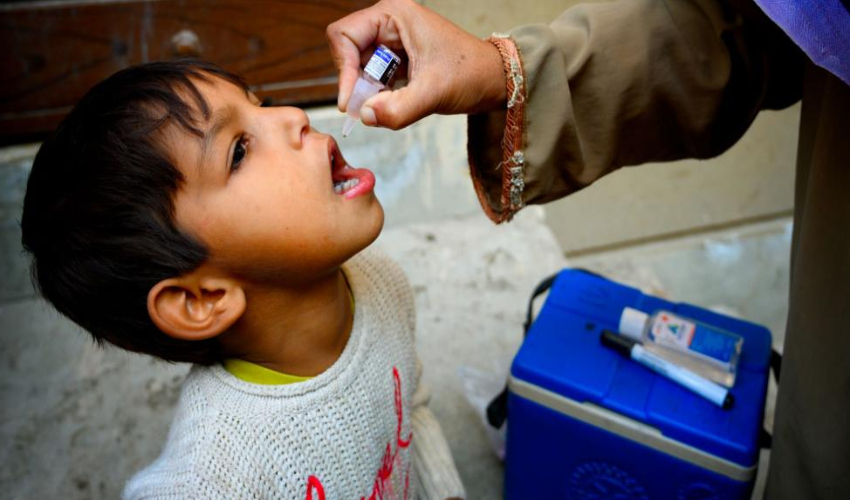High blood pressure, a condition influenced by factors such as age, genetics, or underlying health issues, may be beyond one's control. However, there are aspects within your influence.
Blood pressure gauges the force of blood flow on artery walls. Elevated blood pressure poses risks to the cardiovascular system, increasing the likelihood of heart attacks or strokes.
In the United States, around 50 per cent of adults have hypertension, often unaware of their condition, reports the Centres for Disease Control and Prevention (CDC).
Detecting high blood pressure aligns with the 2017 American Heart Association (AHA) guidelines. Normal readings are below 120/80 mm Hg, while anything above is considered elevated. Readings above 130/80 mm Hg fall into the hypertension stage.
Hypertension can be primary (essential) or secondary.
Most cases lack a specific cause and connect to genetics, age, lifestyle, and diet. Secondary hypertension, in 5% to 10% of cases, ties to conditions like hypothyroidism.
Following are some common causes of hypertension:
– Underlying Health Conditions–
Conditions like elevated blood pressure, obesity, diabetes, chronic kidney disease, and certain heart irregularities can contribute to secondary hypertension.
– Overweight or Obesity –
Obesity significantly contributes to primary hypertension. Losing 2% to 3% or more of your body weight can reduce heart disease and hypertension risks.
– Lack of Physical Activity –
Insufficient exercise exacerbates mental health conditions and contributes to weight gain. Regular exercise, per AHA recommendations, positively impacts blood pressure.
– Salt Intake –
Reducing sodium intake helps lower blood pressure. Daily limits range from 1,500 mg to 2,300 mg.
– Caffeine –
While generally safe, excessive caffeine can cause anxiety and heart palpitations. Moderation, with a daily limit of 400 mg, is advised.
– Smoking –
Smoking raises blood pressure temporarily and contributes to atherosclerosis, increasing hypertension risks. Quitting smoking has numerous health benefits.
– Medication –
Some medications, like steroids, NSAIDs, decongestants, antipsychotics, and birth control pills, can increase blood pressure. Discussing medications with a healthcare professional is crucial.
– Not Enough Sleep –
Inadequate sleep negatively impacts health, particularly for those with high blood pressure. Following CDC-recommended sleep hygiene is essential.
– Age –
Blood pressure concerns typically rise with age, per CDC reports. Lifestyle modifications, including exercise, a balanced diet, and regular check-ups, are vital for all adults.
– Genetics –
Family history influences hypertension, with shared habits and genetic factors contributing to 30% to 60% of cases. Certain genetic variations may increase the risk.
To prevent high blood pressure, the AHA recommends regular physical activity, avoiding smoking and excessive alcohol, maintaining a moderate weight, following a low-sodium diet, managing stress, and collaborating with healthcare professionals.



























